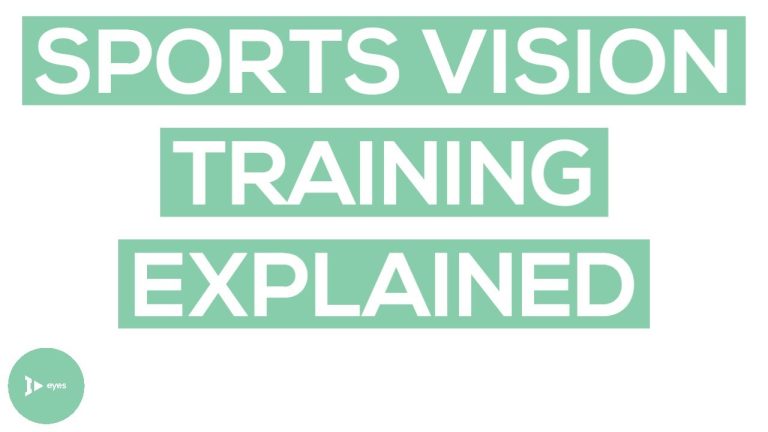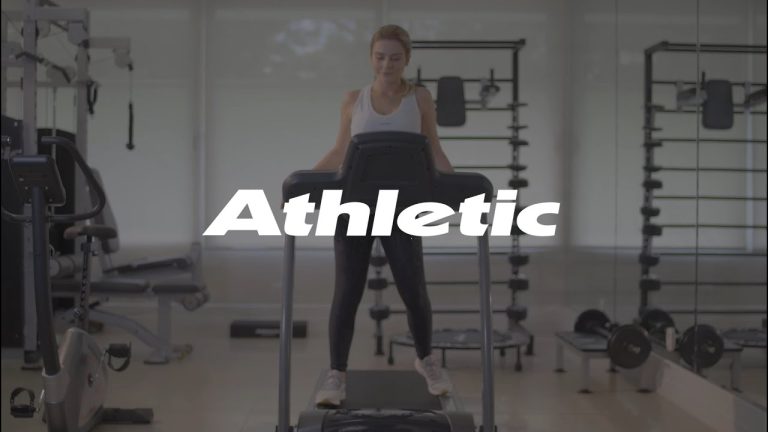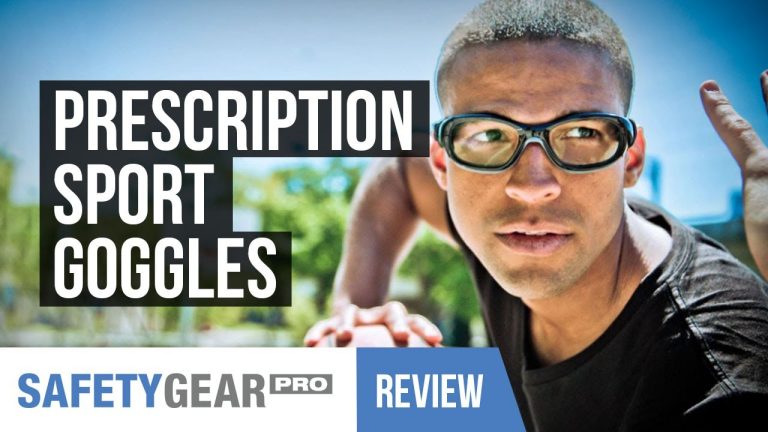Enhancing Athletic Performance: Improving Sports Vision and Perception with Vision Care Products
Sports are a great way to stay active and healthy. However, participating in sports requires more than just physical ability. Certain visual skills can play a crucial role in athletic performance. This is where sports vision comes in. Sports vision is the evaluation and training of visual skills specific to athletic performance.
Visual skills such as depth perception, visual tracking, and dynamic visual acuity can greatly enhance an athlete’s ability to perform on the field. For example, a baseball player with strong depth perception can more accurately judge the distance between the pitcher and home plate, giving them a better chance of hitting the ball.
The Importance of Sports Vision
Incorporating sports vision training into an athlete’s regimen can provide numerous benefits. By improving visual skills, athletes can:
- Better track moving targets
- React more quickly to visual stimuli
- Improve hand-eye coordination
- Increase accuracy
Additionally, sports vision training can also help prevent injuries on the field. Improved visual skills can help athletes better assess their surroundings, reducing the chances of collisions or falls.
Evaluating Sports Vision
A comprehensive sports vision evaluation should be performed by a trained optometrist or ophthalmologist. This evaluation can include tests of visual acuity, depth perception, color vision, and peripheral vision. Additionally, the evaluation may include specific tests for visual skills relevant to the athlete’s sport.
Visual Skills Relevant to Specific Sports:
- Baseball/Softball: visual tracking, depth perception
- Basketball: visual tracking, peripheral vision
- Football: dynamic visual acuity, peripheral vision
- Golf: visual tracking, depth perception
- Hockey: visual tracking, visual reaction time, peripheral vision
- Soccer: dynamic visual acuity, peripheral vision
- Tennis: visual tracking, depth perception, visual reaction time
Sports Vision Training
Once an athlete’s visual skills have been assessed, a sports vision training program can be developed. This program may include exercises to improve eye tracking, perceptual speed, and visual reaction time. Training programs may also incorporate specialized equipment such as strobe glasses or reaction balls.
It’s important to note that sports vision training is not a quick fix. Like physical training, it takes time and dedication to see improvements in visual skills. However, for athletes looking to gain a competitive edge, sports vision training can be a valuable addition to their training regimen.
Conclusion
While physical ability is important in sports, having strong visual skills can give athletes an edge on the field. By incorporating sports vision training into their regimen, athletes can improve their ability to track moving targets, react more quickly to visual stimuli, and increase accuracy. To learn more about sports vision and how it can benefit your athletic performance, be sure to consult with your eye care provider.
Contents
Most wanted in Hoya Vision:
What brand lenses does Costco use?
What does +0.25 mean on an eye test?
Do tinted glasses help with migraines?
Hoya Lens Engravings
Should eyeglasses cover eyebrows?
Hoya Identification Chart
What are prism eyeglass lenses?
Does hyperopia worsen with age?
Is gray or brown better for transition lenses?
What LED light is best for broken capillaries?
















